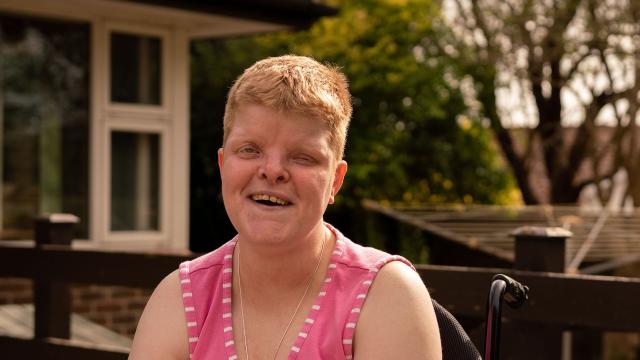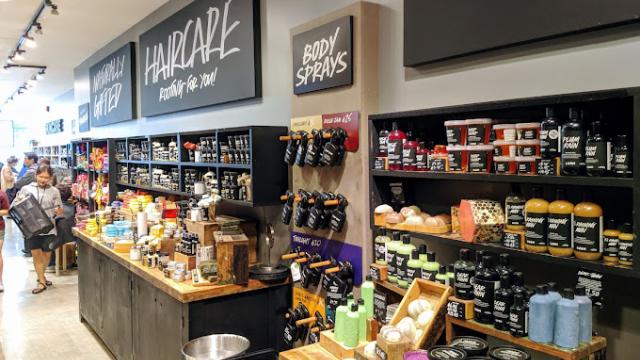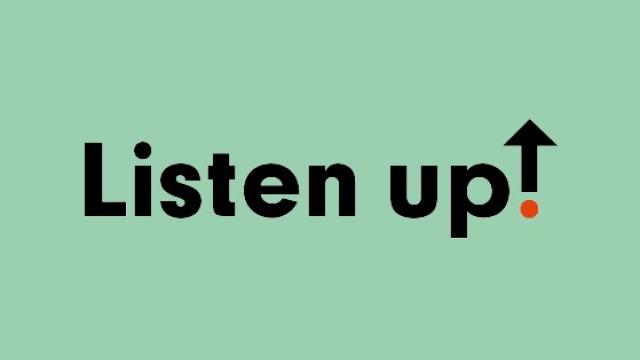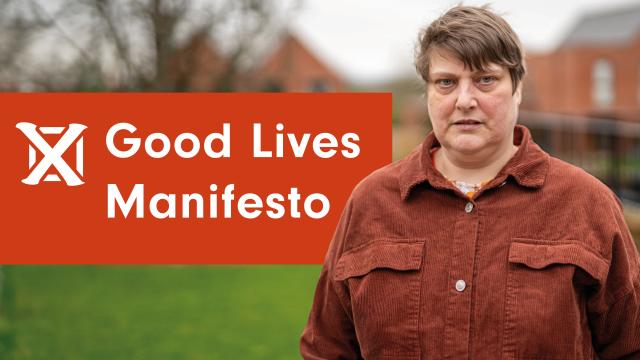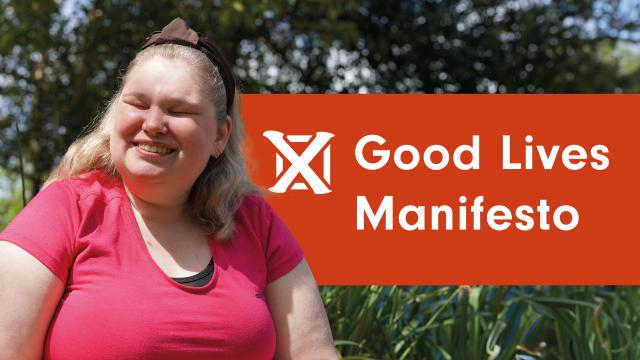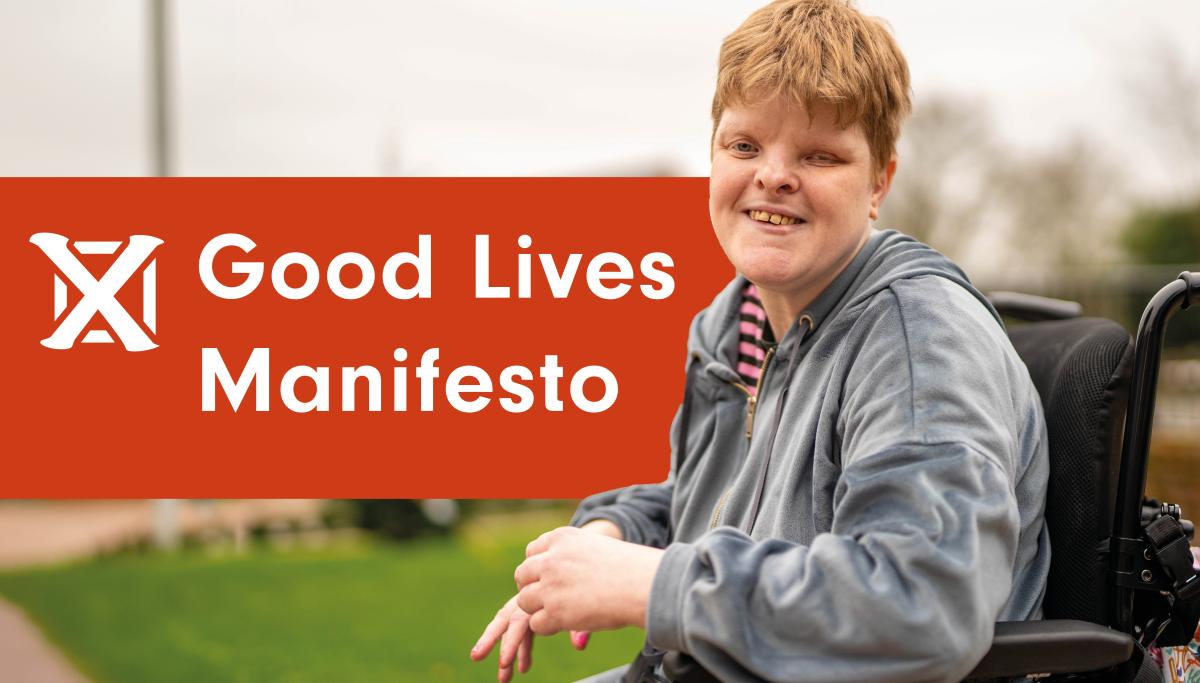
Good Lives Manifesto: Having a job and the difference it makes
The Good Lives Manifesto is calling on the next government to take on the shocking disability employment gap that prevents people with disabilities from building meaningful careers.
Whilst 86% of people with learning disabilities want to work, only 5% of people with learning disabilities have a paid job. The numbers are stark – this is a systemic, societal issue. This is culture of exclusion.
Unlike social care, most politicians are talking about the economy and jobs. But just like social care, people with learning disabilities are feeling forgotten in the jobs debate. And the situation is only getting worse. Despite a growth of interest in equitable and diverse recruitment practises by employers over the past few years, the number of people with learning disabilities in employment has actually been in decline.
While the main debates on disability and the economy have focused on the benefits system, the disability employment gap continues to cause concern.
For our fifth election blog, we hear from Emily, an associate with the Listen Up! Team. Emily is part of that rare 5% - a person with a learning disability who has successfully found a job. She’s keen to speak up on this issue.
“We need more employers making reasonable adjustments for people with learning disabilities, autism and sight loss. For example, start with the interview - just make it clearer and simpler.
“Feedback is also important - it should be structured and clear. I get frustrated when I don’t receive any feedback. An explanation in clear and simple terms why I haven’t been successful would be so helpful.”
Despite the knockbacks, Emily has gone on to find a job thanks to the support of SeeAbility’s Ready Willing and Able supported employment programme. The programme has worked with over 150 people in the past 3 years, with 46 going on to gain paid employment.
This is done through building up people’s skills in the jobs market, working with employers to challenge assumptions and making suggestions on how a job could be adapted to fit a person’s needs. This doesn’t just benefit individuals - there is a whole host of evidence that employers benefit from employing people with learning disabilities and having a more neurodiverse workforce.
Emily has had first experience of the programme and can see how easily reasonable adjustments can be made. She says:
“Employers should understand that everyone’s needs are different and, in most cases, only small changes in the workplace are needed. It doesn’t cost much to think about what could make things more accessible.”
People with learning disabilities, autism and sight loss have also suffered disproportionately from the cost of living crisis. It is estimated that people with disabilities have additional costs of almost £1000 a month. Personal Independence Payments (PIP) provide a key contribution to these costs, whether someone is in work or not. These disability benefits are vital safety net to the 86% of people with learning disabilities who are prevented by systemic and societal barriers from finding work.
Emily concludes:
“Since being employed, I have more money to spend, so I am helping the economy, and I feel valued and my independence has increased. Not only that, but my confidence has grown too.”
The Good Lives manifesto is calling on election candidates to make sure people with learning disabilities aren’t forgotten in employment initiatives. We want more done to showcase what is possible, and to track people’s experiences. Current programmes also need improving. Access to Work provides funding for employers and disabled employees, but it is not well known enough, and subject to huge delays.
And of course, challenging disability discrimination is vital so people get the opportunities in first place. At the heart of the Good Lives Manifesto is the recognition that people with learning disabilities are valued and important contributors to society, regardless of their employment status. The manifesto calls on us all to reimagine the world we live in. To value human lives – good lives – first and foremost.


